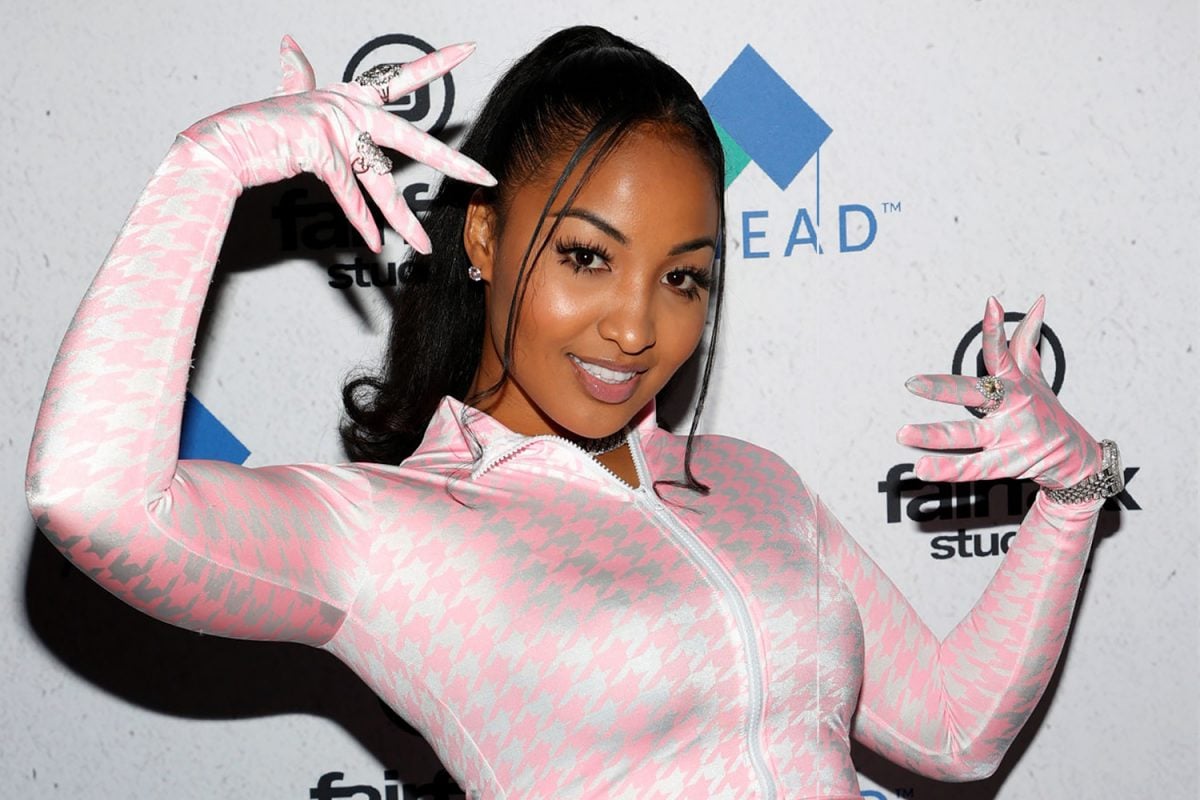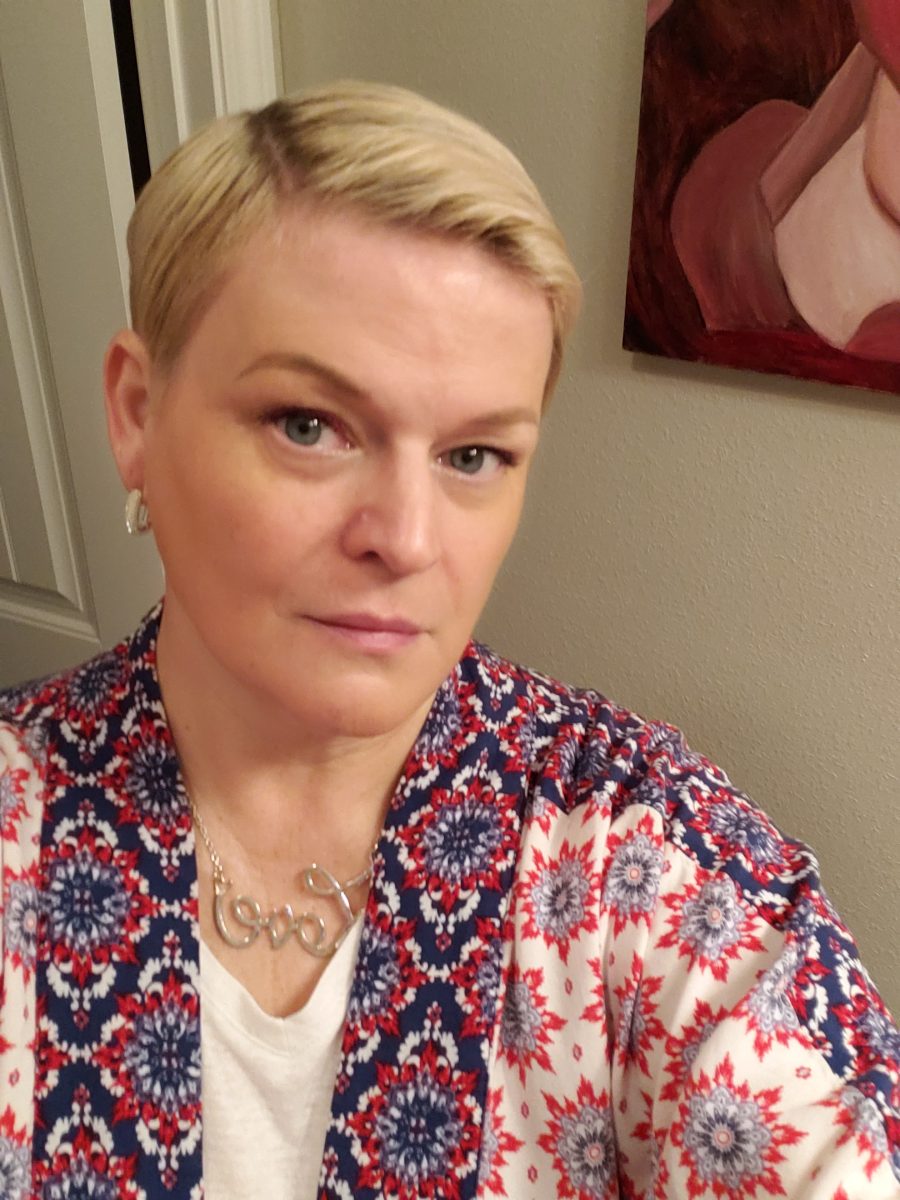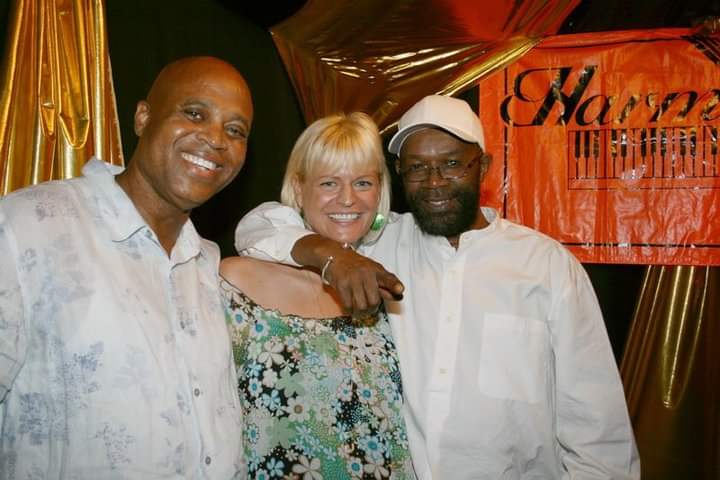No, Shenseea Is Not Nominated For Four Grammy Awards

Grammy-nominated producer Cristy Barber is setting the record straight regarding the confusion around which artists and producers are nominated at the 64th Annual Grammy Awards.
Earlier this week, Loop News, the Jamaica Gleaner, and other news outlets reported that Dancehall star Shenseea had been nominated for four Grammy Awards after she contributed to albums released by Kanye West, Major Lazer, and Masego.
She is, in fact, only nominated for one Award.
Speaking generally about the confusion surrounding nominations that happens each year Barber told World Music Views that “No, you are not nominated. In an album category (other than Album Of The Year ) the person who takes home the Grammy is the person who is nominated. Which is the artist or the producer who has produced more than half the record.”

“So if you are a featured artist on it (an album) you are not a nominated artist, you are on a Grammy-nominated album. I could say that because I got about 15 different certificates in my office right now from doing work on people’s albums that have either won or were Grammy-nominated, so I am not gonna sit up here and write in my bio, ’13 times nominated, 5 Time winning'”.
On Tuesday, Shenseea claimed that she had been nominated for Album Of The Year and Best Rap Album (for Pure Souls and OK OK pt 2 on Kanye West’s Donda), Best Progressive R&B Album (for Silver Tongue Devil on Masego’s Studying Abroad: Extended EP), and Best Dance/Electronic Music Album (for Tiny on Major Lazer’s Music Is The Weapon (Reloaded).
https://www.instagram.com/p/CWo2FEcM9Zx/
The Recording Academy has made several changes but most of those changes affected the big categories: Album Of The Year and Song Of The Year. Beginning this year, the Academy has stipulated that, if an album is up for Album Of The Year , then all credited featured artists, songwriters of new material, producers, recording engineers, mixers, and mastering engineers who worked on that album are automatically nominated. Previously, the Grammy rule stated that these music professionals had to be credited with 33 percent or more of playing time (on the album), in order to be nominated for that category.
For the genre categories such as Best Rap Album, Best Progressive R&B Album, Best Dance/Electronic Music Album, and even Best Reggae Album, the current rules state that a featured artist or producer must contribute more than 51% of playing time on the album, in order to consider themselves “nominated”.
By virtue of the new rules, Shenseea is only nominated for Album Of The Year for Donda. Her three other contributions to Grammy-nominated albums in the genre categories would render her a participant, according to the Grammy guidelines.
Likewise, none of the 22 featured artists on Sean Paul‘s Live N Livin are Grammy-nominated for the album, even though they contributed to 15 of its 16 tracks.
Also, the only Grammy-nominated producer on Jesse Royal‘s Royal is Sean Alaric, who reportedly produced more than half of the project.
Shane Hoosong, who produced 7 of the tracks on Spice‘s 15-track 10 , was just one song short of the 51% requirement. 10‘s executive-producer Shaggy contributed to 13 of the songs on the album.
Barber said, “I am a Grammy-nominated producer, you can go on grammy.com search my name and it pops up. That’s the thing that people really get confused with and it kind of annoys me because you are not gonna see Brad Pitt saying Academy nominated or Award winner unless he was nominated or won and it’s the same thing with the Grammy”.
Meanwhile, Barber also stated in the interview that one of the rule changes affects the Best Reggae Album category from a voting standpoint. She said previously recognized names would get preferential voting but now things may change to reflect more of what’s on the ground in the world of Reggae/Dancehall.
“What the academy has done this year is it has limited us voters. We are only allowed to vote in three fields outside of the general field. Which I said to everybody before the nods came out, this was going to be interesting, it’s very hard to make the predictions”.

“The name recognition problem we’ve had for many years, we still have but not as bad. I feel like the voter awareness campaign and Grammy advocacy I have been doing has helped us with that a lot and educating our industry on how this whole thing works. But now that you can only vote in three fields that means people are not gonna come over to reggae unless they really love reggae and that’s really what the academy is trying to do”, she further stated.
In recent years, the Recording Academy has taken a lot of flack for being out of touch and “lacking inclusiveness”. In 2022, Recording Academy announced that the 64th Annual Grammy Awards will be produced with an ‘inclusion rider’, a contract addendum designed to help ensure equity and inclusion at every level of the production, according to Variety Magazine.
As it relates to future changes for the Reggae category, Barber said our strength is in numbers and more people must register as Academy members so their voice may be heard.
On the question of a new category for the reggae genre, Barber added, “More things are changing than not, and thinking of another category for our genre is probably never going to happen, we are lucky we have the ones that we do because we have very low submission rates right now and we have to protect our category. That’s what’s really important.”
“That’s why and how the Latino community gets behind their music and they actually have their own separate Grammys. You see what the Jamaican community can do on an international platform whether it’s sports or beauty pageants, fashion designers, culinary.”
